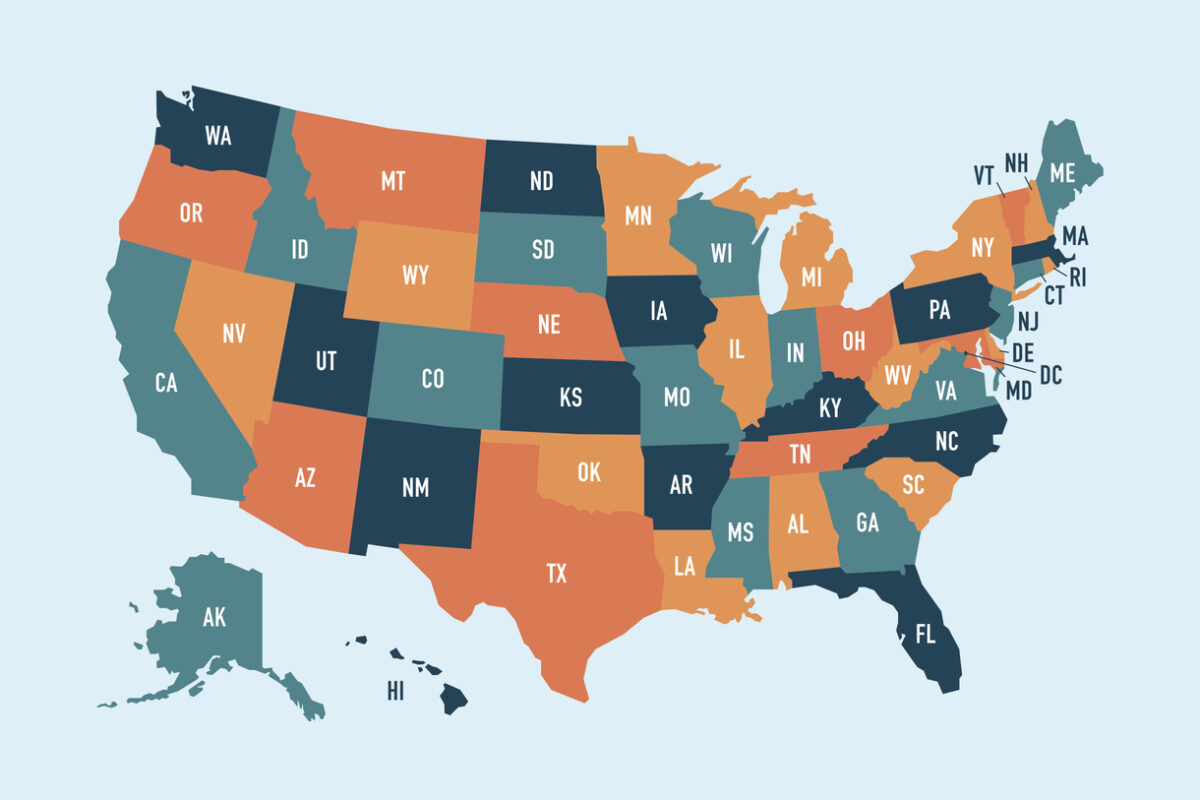PostsecData’s Comment on the Department of Education’s Proposal on Financial Value Transparency
Published Jun 21, 2023
Washington, DC (June 20, 2023) – The Postsecondary Data Collaborative (PostsecData), led by IHEP, expressed support in a letter for the U.S. Department of Education’s (ED) negotiated rulemaking proposal on financial value transparency disclosures. The financial value transparency disclosures would provide prospective and current students with more comprehensive information about program costs and outcomes. The letter was submitted on behalf of 14 members and partners of PostsecData and specifically supports ED’s proposed financial value transparency framework because it would:
- Support informed decision-making among students and families.
- Improve available data for evidence-based decision-making.
- Inform institutional improvement.
Read the full letter below.
—
June 20, 2023
U.S. Department of Education
400 Maryland Ave, SW, 5th Floor
Washington, D.C. 20202
RE: Docket ID ED-2023-OPE-0089
To Whom It May Concern,
Thank you for the opportunity to submit comments regarding the Department of Education’s (ED) proposed regulations related to financial value transparency. This comment is submitted on behalf of the 14 undersigned members and partners of the Postsecondary Data Collaborative (PostsecData). PostsecData, led by the Institute for Higher Education Policy (IHEP), is a nonpartisan coalition of organizations committed to the use of high-quality postsecondary data to improve student success and advance educational equity.
This letter expresses PostsecData’s shared support for ED’s proposed financial value transparency disclosures that would provide prospective and current students more comprehensive information about program costs and outcomes. This increased transparency would help students and families make more informed decisions about their educational options, improve available data, and support institutional improvement efforts.
Under the proposed regulations, ED would create and maintain a website that provides clear, consistent information to students regarding costs and outcomes of programs across all sectors and levels of postsecondary education. These disclosures would include ED’s proposed debt-to-earnings measures, which assess the affordability of student loan payments for graduates, and earnings premium measure, which evaluates whether at least half of program graduates have higher earnings than a typical high school graduate. Disclosures could also include the estimated expenses students are likely to incur over the length of the program, completion and withdrawal rates, and/or median student earnings after graduation. Institutions would be required to report new data on their programs and students, which would allow ED to calculate metrics for these disclosures. Additionally, institutions would be required to provide prospective students access to ED’s disclosure website prior to enrollment.
We support ED’s proposed financial value transparency framework because it would:
- Support informed decision-making among students and families. These disclosures would provide prospective students with timely information during their enrollment decision-making process, to help them to choose programs that are the best fit for their educational goals. While students also receive non-economic benefits from attending college, it is critical for them to have access to clear, consistent, and high-quality information about the costs and economic outcomes at all the programs they are considering. At minimum, students should be aware of whether they are likely to be better off financially after completing a particular program than if they had not attended college at all.
- Improve available data for evidence-based decision-making. These proposed regulations would increase the quality and availability of information about programs across all sectors and levels of postsecondary education. For example, the additional data reported by colleges on institutional, state, and private grant aid would allow for more precise measurements of students’ costs of attending college and facilitate more thorough policy analysis of the roles played by states, institutions, and the private sector in providing financial aid. Also, the additional data on private and institutional loans would allow for more comprehensive assessments of student loan borrowing.
- Inform institutional improvement. Every program has the potential to improve the value it offers to students, whether by increasing graduation rates, reducing prices, elevating program quality, and building stronger career pathways. By providing institutions with valuable data on the outcomes of all their programs, the proposed transparency framework would enable colleges to identify areas for improvement and enact changes that improve students’ economic return on investment.
While additional data reporting will increase transparency, we also acknowledge that implementing these regulations will require effort by institutions to report. We support ED’s intention to provide early training and a clear reporting format to institutions, as well as accepting early reporting prior to the deadline. We encourage ED to provide clear, written guidance and prioritize institutional outreach, such as delivering webinars or other training opportunities, to address any questions or concerns institutions may have. ED should also consider staffing a dedicated help desk to promptly respond to institutions’ inquiries and provide ongoing assistance throughout the reporting process.
We commend ED for its commitment to transparency and look forward to continued collaboration with ED to improve postsecondary data quality. For questions about these comments, please contact Diane Cheng, Vice President of Research and Policy (dcheng@ihep.org) or Kelly Leon, Vice President of Communications and Government Affairs (kleon@ihep.org) at the Institute for Higher Education Policy (IHEP).
Sincerely,
AccuRounds
Achieving the Dream
Arnold Ventures
Association of College Unions International
Data Quality Campaign
Excelencia in Education
Georgetown University Center on Education and the Workforce
Higher Learning Advocates
Institute for Higher Education Policy (IHEP)
New America Higher Education Program
Perfection Spring & Stamping Corp.
Skills2Compete – Colorado
The Education Trust
The Institute for College Access & Success
—
A formal copy of the letter and list of signatories is available here.


